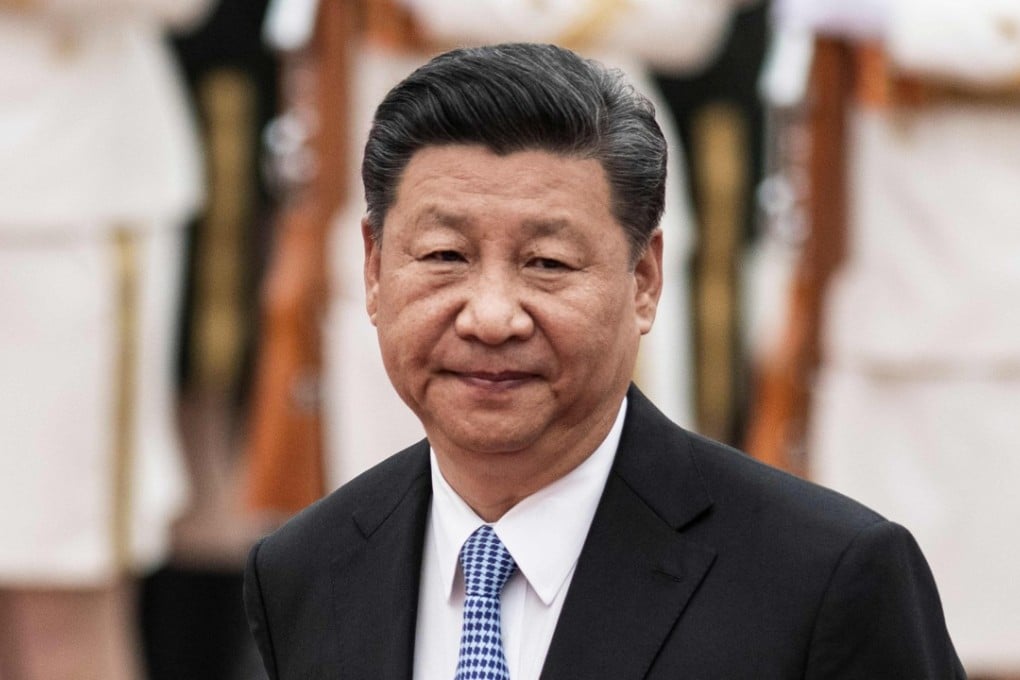Universities in China have a lot to learn
If the country is to become a leader in technological innovation as proposed by Xi Jinping, academics must clean up their acts, and be more disciplined if they are to catch up with international rivals

The US ban on the sale of components to Chinese electronics giant ZTE over the violation of sanctions against Iran has prompted some high-level soul-searching on the mainland.
One issue has been China’s reliance on imports despite substantial government investment in the technology sector. President Xi Jinping addressed that in a speech last week calling for China to become a leader in technological innovation and to make breakthroughs in core technologies as soon as possible. As a result, science and technology research can expect a major funding boost. But this raises another question that has been the bane of the country’s growing output of scientific papers on new research – academic integrity.
Beijing quickly answered it by issuing national guidelines to enforce honesty in research and vowed to punish misconduct such as plagiarism, fabrication of data, ghost writing and manipulation of the peer review process. Such scandals have become more prevalent in recent years.
Xi has repeatedly pledged to spend more on science and technological development, on top of substantial existing investment. But forgery and plagiarism remain very serious issues. At the same time academics complain of a lack of funding, despite concerns about millionaire professors and well-funded researchers amid endemic corruption.
The leadership has wisely recognised that before universities and research institutes are given even more money, they need to clean up their acts. This is a welcome development but discipline is just one important element of combating academic corruption and dishonesty.